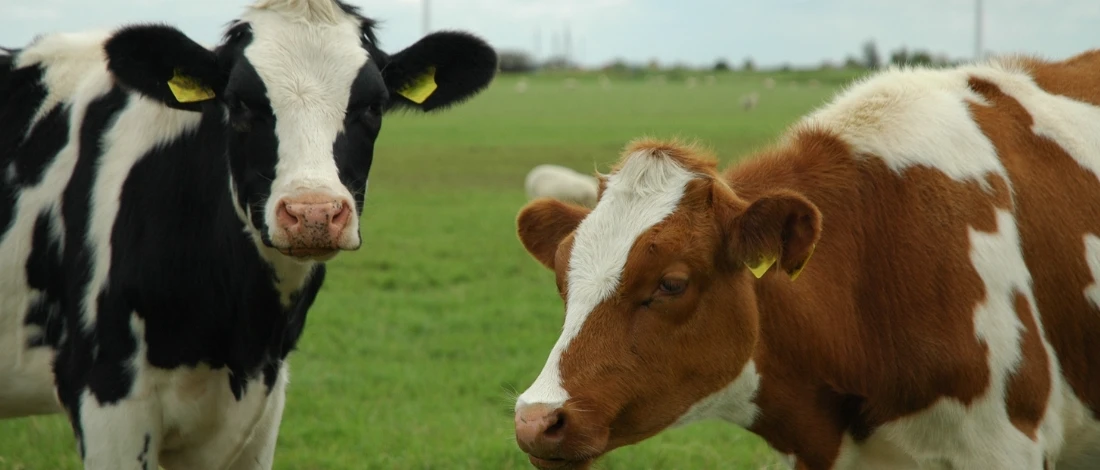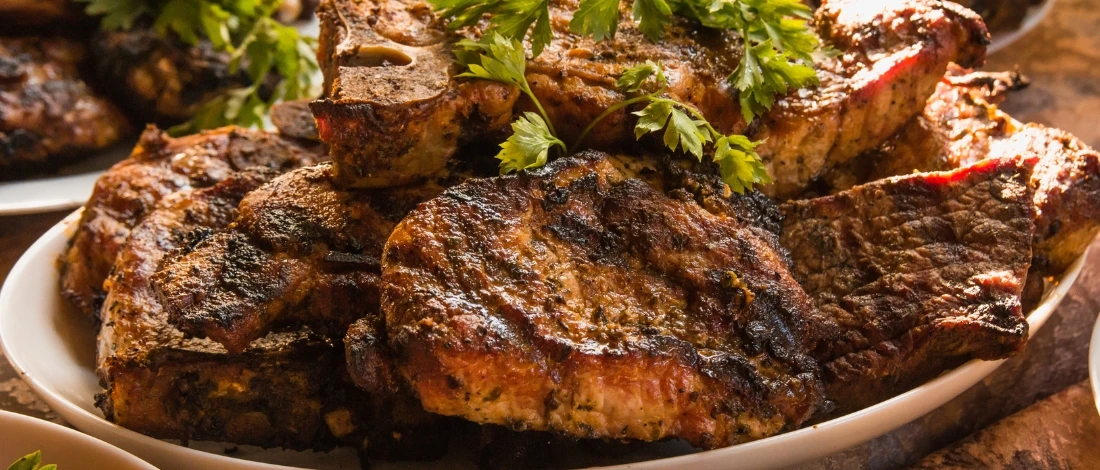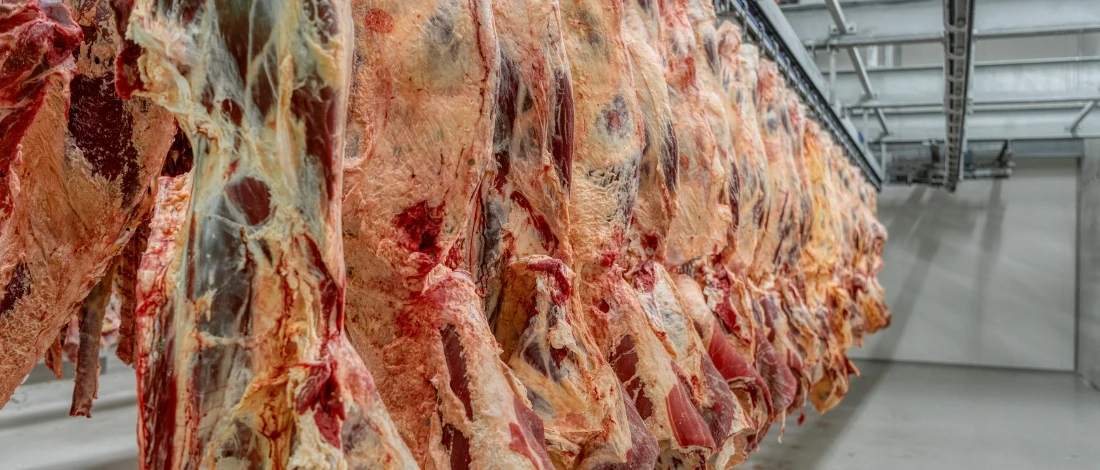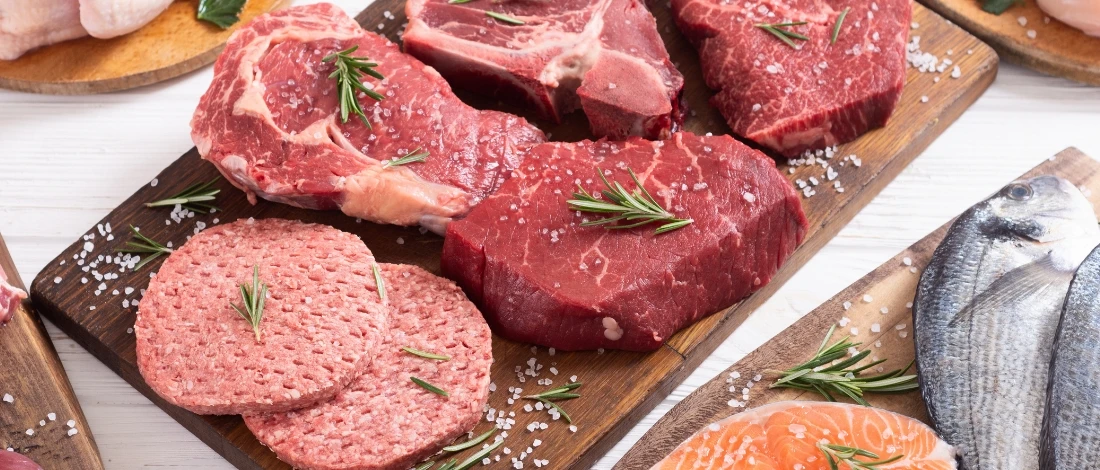Meat and Livestock Summit Explores Sustainable Practices and Ethical Food Systems
Two years after the inaugural Dublin Declaration, global experts reconvened in Denver, Colorado, to discuss the societal role of meat and livestock.
Hosted by Colorado State University, the summit explored environmental challenges, dietary guidance, and ethical implications of meat production.
From Greenhouse Gases to Food Pyramids
Livestock production is often criticized for its environmental impact, contributing approximately 14.5% of global greenhouse gas emissions, according to the United Nations.
However, not all production methods are equal. Keith Belk, summit host and animal scientist, noted, “Greenhouse gas emissions are highest when your production system is inefficient.”
The research presented highlighted the benefits of optimized production techniques, such as feedlots, in reducing emissions per kilogram of meat.
Dietary guidance was another focal point. Frédéric Leroy, a food scientist from Belgium, challenged traditional food pyramids.
“Year after year, the rate of obesity and cardiopathology disease is increasing,” Leroy said, emphasizing the need for diets rich in nutrient-dense foods, including vegetables, dairy, and even red meat.
He called for flexible recommendations that respect cultural diversity, steering away from overly prescriptive Mediterranean models.
Ethics and the Future of Food
The philosophical perspective came from Paul Thompson, an ethicist from Michigan State University.
He highlighted ethical dilemmas in balancing technological benefits with environmental and societal costs.
Thompson emphasized the importance of protecting farmers as “carriers of culture” and ensuring food security in a climate-changing world.
Urban consumers, Thompson noted, often focus on immediate concerns, including food-supply vulnerabilities and support for local or manufactured foods like vat-grown meat. These differing priorities underscore the complexity of addressing agriculture’s future.
Bridging Science and Public Understanding
Belk concluded the summit by emphasizing the need for improved communication between scientists, policymakers, and the public.
“In today’s environment, where you have social media and so much disinformation, there’s a need for figuring out how to do a better job of making real results of science available,” he said.
As participants prepare to publish their findings in Animal Frontiers, the conference signals a broader push for science-based solutions in sustainable agriculture and ethical food systems.
Explore how sustainability and ethics shape the future of meat production—visit our homepage for more on sustainable practices and food systems.






